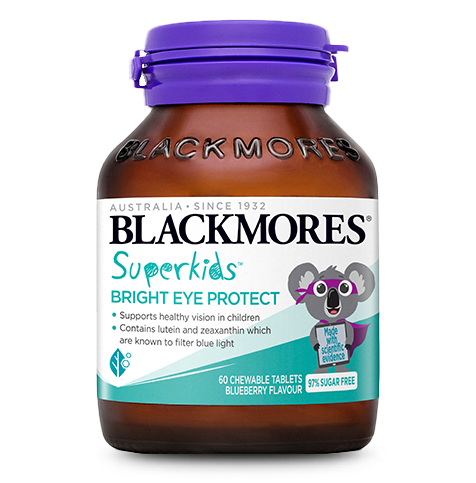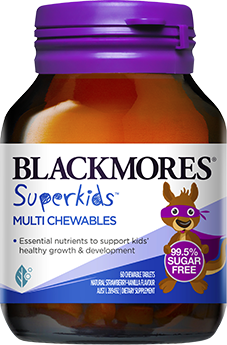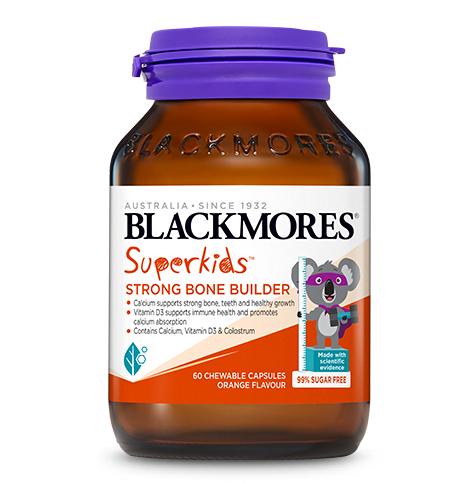The immune system and kids health
Among the many differences that exist between kids and adults, it’s important to know that our immune systems are not exactly the same.Proof? A good example is the fact that while adults usually get between two and four colds a year, children can get as many as 10 in the same time frame, simply because they aren’t immune to as many of the 200-plus different viruses that cause colds.
So, what builds immunity? We’re all born with some natural immunity called ‘innate immunity’ – for example, the skin acts as a physical barrier to germs.
There’s also something called ‘passive immunity’, which is borrowed from another source and only lasts for a short time, such as the antibodies that breast milk contains and are passed from mum to bub if they’re breastfed. These antibodies give a baby temporary immunity to diseases their mum has been exposed to.
But it’s something called 'adaptive immunity' that develops throughout our lives.
At what age is a child’s immune system fully developed?
The immune system continues to develop and change as we age, evolving from an immature and developing immune response in infants and children, through to immune function that’s typically optimal in adolescents and young adults.Immunity – particularly adaptive immunity – also starts to gradually decline as we reach an older age.
3 ways to support your kid’s immune system
Here are 3 simple things you can do to support kid’s immune system health, particularly during times when it might need a little extra support.1. Make sure they get enough sleep
A lack of it affects the body’s ability to produce things called cytokines – proteins that help fight infection and reduce inflammation.Ideally, per 24 hours, children who are:
- Up to 12 months of age need 12 to 16 hours sleep
- Between one and two need 11 to 14 hours sleep
- Between three and five need 10 to 13 hours sleep
- Between six and 12 need nine to 12 hours sleep
- Between 13 and 18 need eight to 10 hours sleep
2. Encourage a healthy diet
It’s the simplest way to ensure that your child is getting enough of the vitamins that play a crucial role in maintaining good health and a strong immune system.Your child’s age determines how many serves of vegetables, fruit, wholemeal grains and cereals, lean meats and proteins, and dairy foods they should aim to eat each day.
While a nutritious diet should be enough to keep your child’s immune system healthy once they’re eating solids, if you feel like they’d benefit from taking a supplement to support their immune health, choose one that’s designed specifically for kid’s immune support.
3. Look after their gut health
Research has demonstrated the link between gut health and the development of a healthy immune system during childhood.A few tweaks to their diet to include high-fibre and fermented foods are great ways to boost your kid's gut health.










